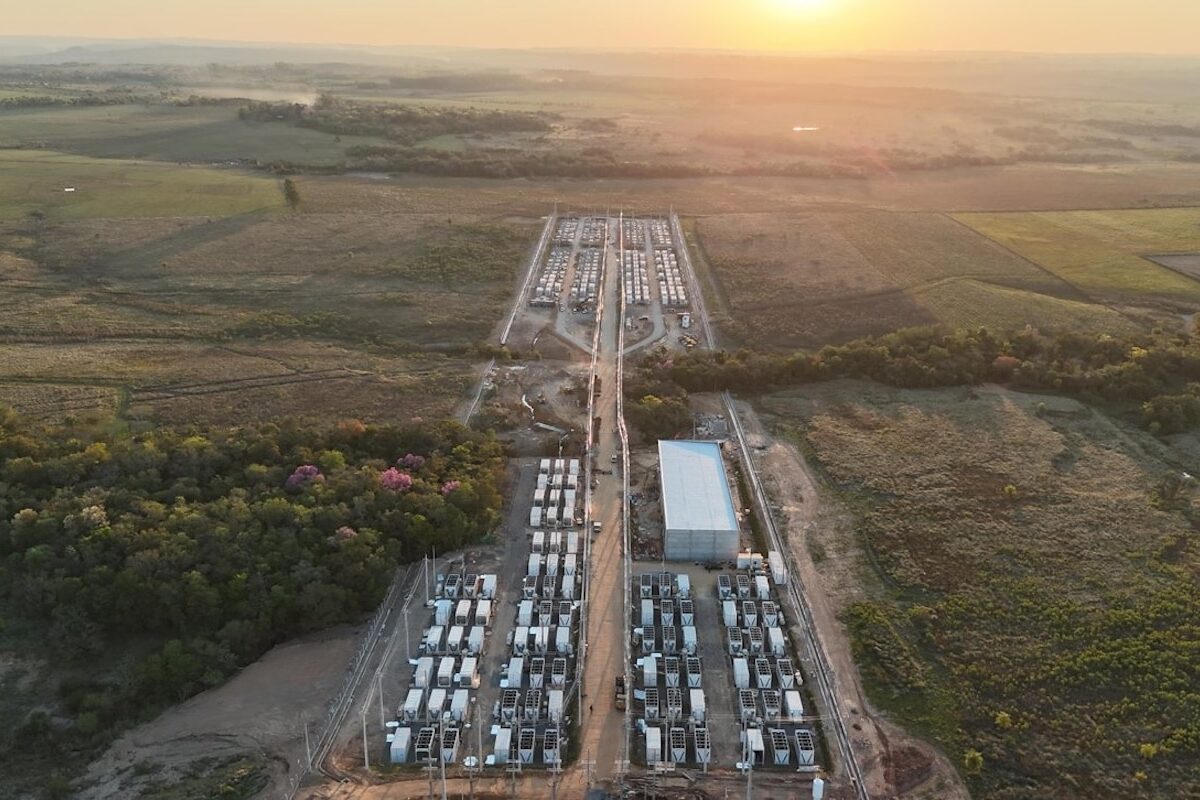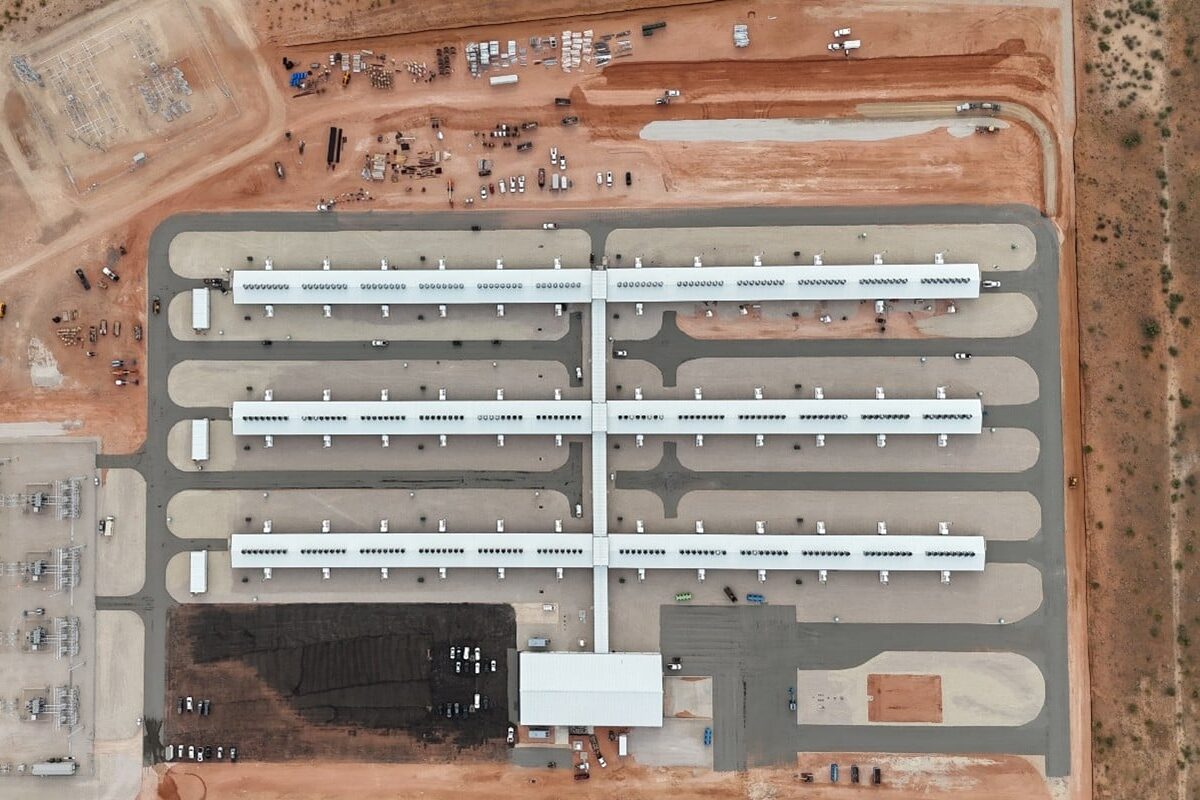HIVE to Provide GPU Backbone for Canada’s Sovereign AI Cloud

BUZZ HPC, the high-performance computing unit of Canadian bitcoin miner HIVE, has entered into a preferred partnership with Bell Canada to supply the computing backbone for Bell’s AI Fabric platform.
Under the agreement, BUZZ HPC will supply large clusters of NVIDIA GPUs — including Ampere, Hopper, and the next-generation Blackwell chips — connected through NVIDIA’s high-speed InfiniBand networking.
Bell will host the machines inside new data centers for the AI Fabric platform and integrate them with its fibre network and cloud services. The first deployment will be a 5-megawatt installation in Manitoba later this year, with additional rollouts planned at other Bell AI Fabric sites. HIVE didn’t provide a revenue projection from the collaboration.
The partnership allows Bell’s government and enterprise customers to access BUZZ HPC’s NVIDIA computing resource for use cases such as training foundational models and fine-tuning existing ones.
Bell Canada, commonly known as Bell, is the country’s largest telecommunications operator and a subsidiary of BCE Inc., which has a market capitalization of roughly C$40 billion. The company serves millions of residential and business customers across wireless, broadband, TV, and media, and operates a network of enterprise-grade data centers used by governments and corporations.
Bell AI Fabric is Bell Canada’s flagship artificial intelligence infrastructure project, announced in May 2025 as part of a multiyear plan to create a national network of AI-focused data centers.
The initiative is positioned as the country’s largest sovereign AI compute project, with a target of providing up to 500 megawatts of hydro-powered capacity across at least six facilities.
The rollout began in June with a 7 MW AI inference facility in Kamloops, British Columbia, developed in partnership with U.S. chipmaker Groq, whose language processing units (LPUs) are designed to accelerate inference tasks for large language models at lower cost per token than traditional processors. A second 7 MW site in Merritt, B.C., is scheduled to go live by the end of the year.
Further phases include a 26 MW facility at Thompson Rivers University in Kamloops, slated for 2026, which will double as a training and inference hub for students and faculty. A second 26 MW center is expected in 2027. In addition, two high-density facilities with more than 400 MW combined capacity are in advanced planning, also to be powered by British Columbia’s hydroelectric grid.
Bell’s plan is to link these western Canadian superclusters with future sites across the country. The company has framed the project as both a commercial opportunity and a national strategy to ensure Canada has secure, sovereign access to advanced AI infrastructure without relying on U.S. hyperscale providers like AWS, Google Cloud, or Microsoft Azure.



